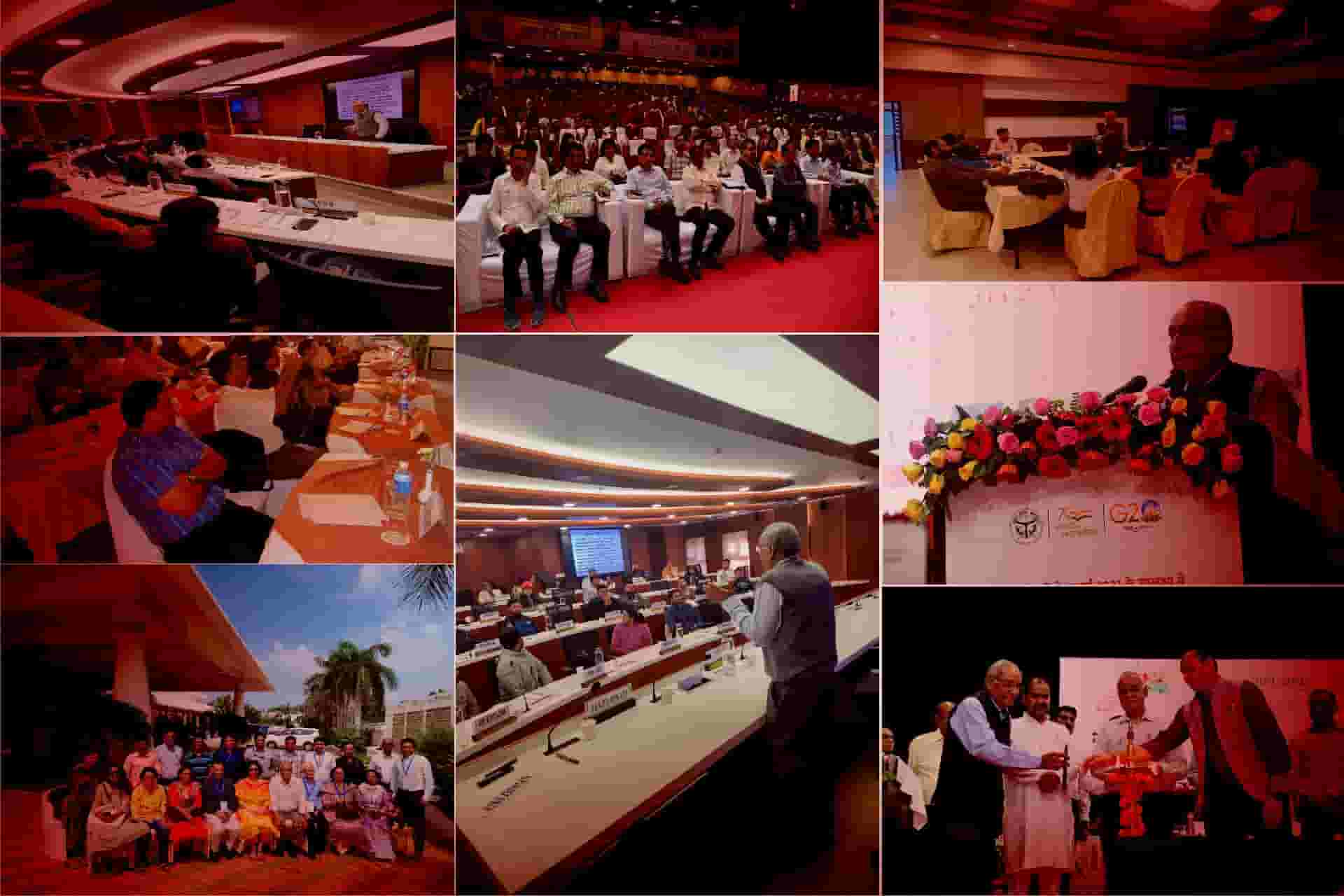
Benefits of Industrial Engineering
- Improved Efficiency: Industrial engineers analyze and optimize processes, workflows, and systems to maximize efficiency, reduce waste, and increase productivity, leading to cost savings and improved performance.
- Enhanced Quality: By implementing quality control systems and methodologies, industrial engineers help organizations ensure that products and processes meet or exceed customer expectations and industry standards, leading to higher customer satisfaction and loyalty.
- Cost Reduction: Industrial engineering focuses on identifying and eliminating unnecessary costs, inefficiencies, and waste in operations, supply chains, and processes, leading to significant cost savings for organizations.
- Optimized Supply Chain: Industrial engineers optimize supply chain networks, including sourcing, procurement, logistics, and distribution, to ensure the timely and cost-effective delivery of goods and services, reducing lead times and improving responsiveness to customer demand.
- Increased Productivity: Industrial engineers develop strategies and techniques to increase productivity and performance in manufacturing, service, and organizational settings, leading to higher output with the same or fewer resources.
- Better Decision Making: Through operations research, mathematical modeling, and simulation methods, industrial engineers provide decision-makers with valuable insights and data-driven recommendations to support strategic and tactical decision-making processes.
- Enhanced Safety: Industrial engineers consider human factors, ergonomics, and workplace design principles to optimize the interaction between people, technology, and the work environment, enhancing safety, reducing ergonomic-related injuries, and improving employee well-being.
- Innovation and Continuous Improvement: Industrial engineers promote a culture of innovation and continuous improvement within organizations, encouraging the adoption of new technologies, best practices, and process optimization techniques to stay competitive in dynamic markets.
- Sustainable Practices: Industrial engineers focus on sustainable manufacturing and operations practices, including energy efficiency, waste reduction, and environmental impact mitigation, promoting environmental stewardship and corporate social responsibility.
- Competitive Advantage: By leveraging the expertise of industrial engineers to optimize processes, systems, and operations, organizations can gain a competitive advantage in their respective industries, leading to increased market share, profitability, and long-term success.



























